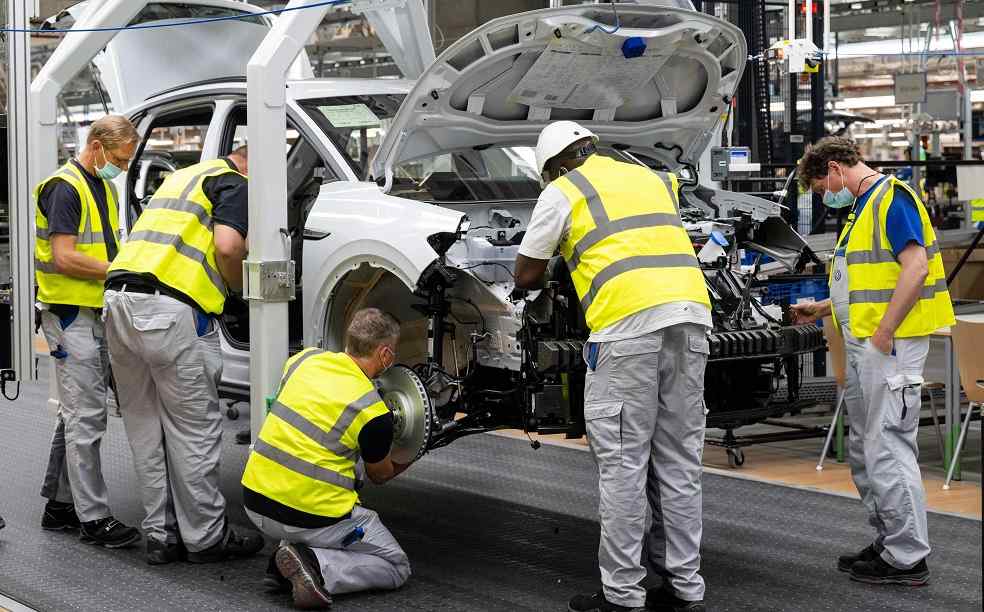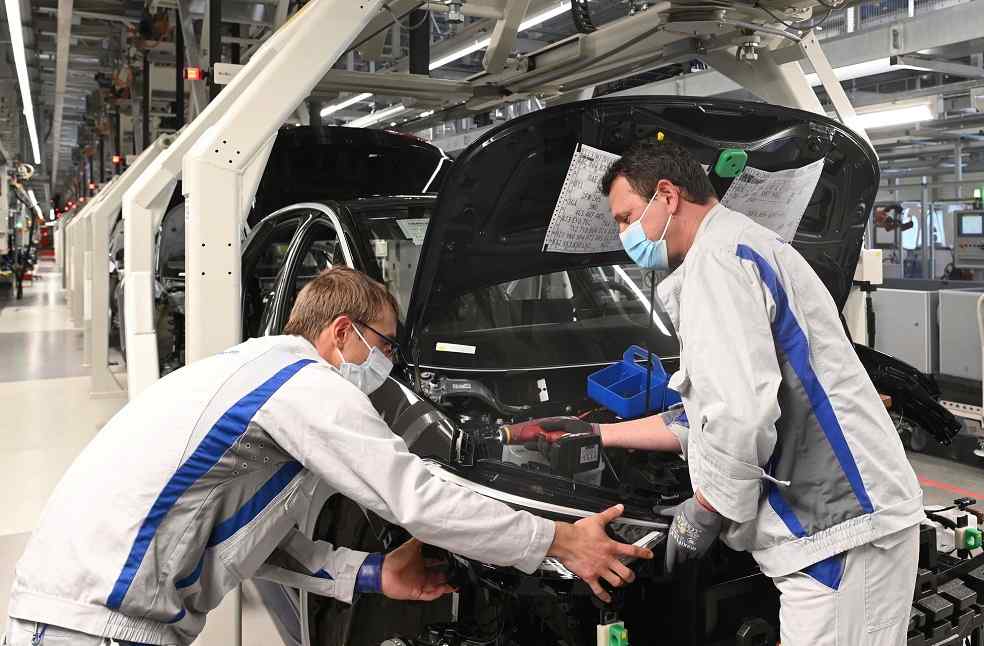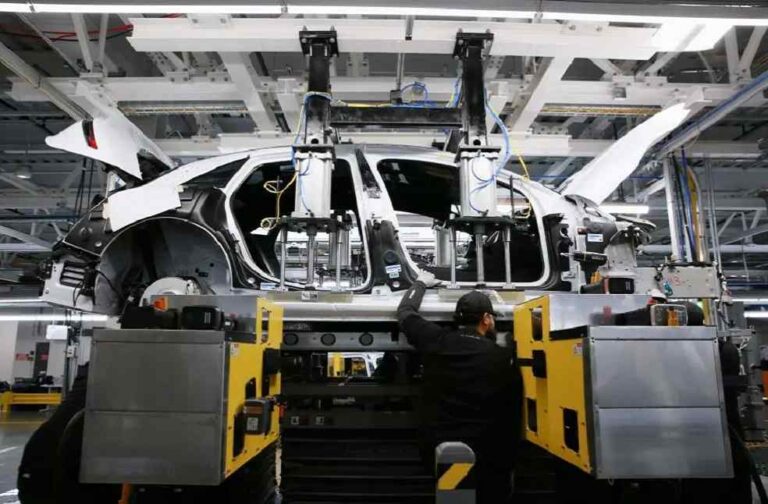The famed German auto sector, a powerhouse in global car manufacturing, confronts a critical period in 2024. With the gradual shift from fossil fuels, German car makers grapple with the challenge of adapting to the burgeoning e-mobility sector.
Contrasting Visions
Marketing narratives often depict an idyllic future of transportation: silent, clean electric vehicles navigating through pristine environments and serene cities. Contrarily, the reality in Germany starkly differs, characterized by persistent traffic congestion, noise, and exhaust fumes.
Progress and Hesitation
The German Federal Motor Transport Authority’s data reveals a modest rise in electric vehicle (EV) adoption. A decade ago, EVs represented only 0.02% of vehicles on German roads, a figure that has grown to 2.08% today, indicating that just one in fifty cars is fully electric.

Diverse Opinions on Electromobility
Attitudes towards the electric vehicle transition are varied. While some mourn the ongoing dominance of combustion engines, others enthusiastically welcome each new electric model. Despite differing viewpoints, the shift towards electric mobility is irrefutable, raising essential questions about the German auto industry’s preparedness for the future.
Germany’s Global E-Mobility Standing
Germany does not lead in e-mobility. Economic policies, like the scrappage scheme bonus reductions, impact electric vehicle growth. Expert Ferdinand Dudenhöffer predicts a dwindling market share for EVs in Germany and a challenging global landscape, except for China.
Government Decisions and Hurdles
The premature end to electric vehicle subsidies by the German government complicates the industry’s trajectory. Stefan Bratzel from the Center of Automotive Management doubts Germany’s capacity to meet its electromobility objectives, citing German manufacturers’ delayed response compared to Tesla and Chinese brands.

China’s Dominance
The reliance on China in the electric mobility sector is increasingly apparent. Investments by BMW and Mercedes-Benz in Chinese electric vehicle infrastructure reflect this trend. The focus on China, where electric cars already have a substantial market share, underscores the risks and dependencies in battery technology and production.
Manufacturers Adapting to Change
German car manufacturers feel the repercussions of slow EV adoption. Operational issues, exemplified by production challenges at VW’s Emden plant, highlight the industry’s pivotal moment. German automakers face the dual task of internal evolution and competing against global giants, especially China.
As 2024 progresses, the German auto sector’s response to the electric mobility revolution will be crucial. The transition to e-mobility is not merely technological but a strategic necessity. The industry’s success in innovation, adaptation, and global competitiveness will significantly influence its position in the electric vehicle era.
AWJ CHOICE | Ford Motor Company Returns to India, a Land of Infinite





